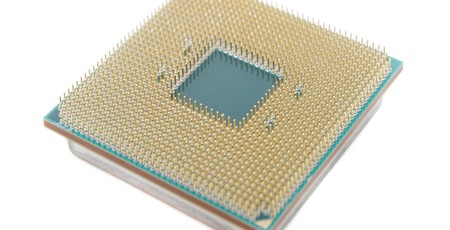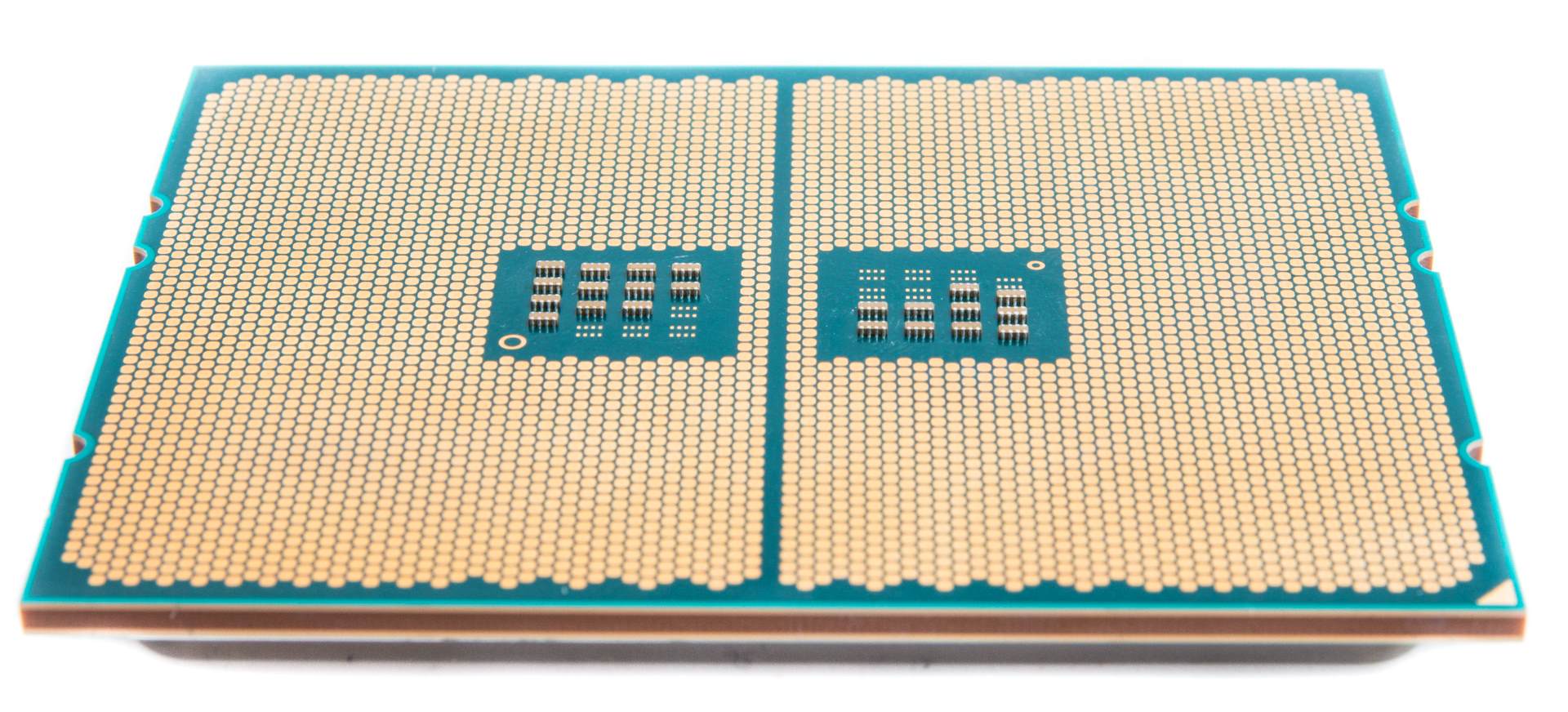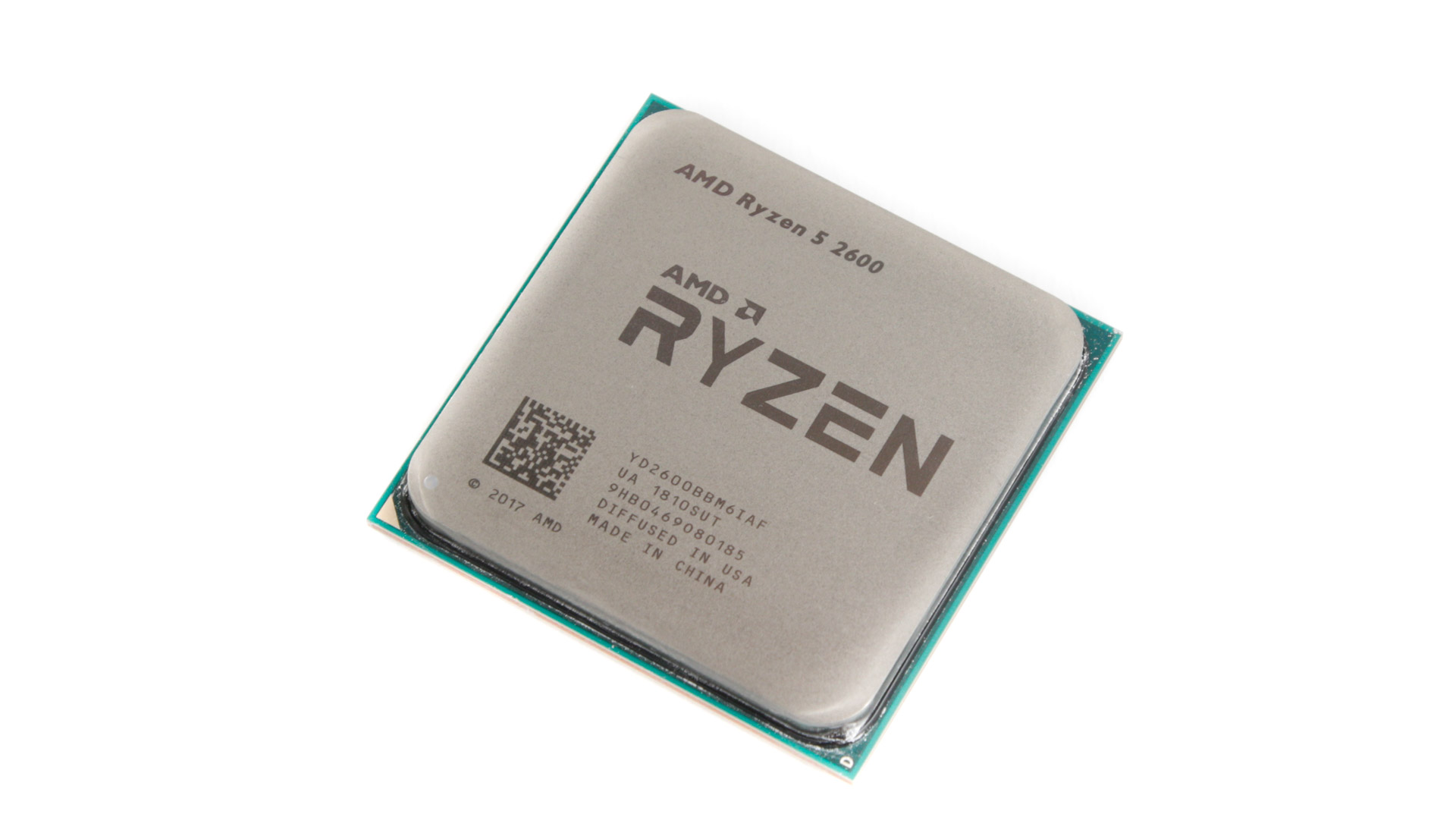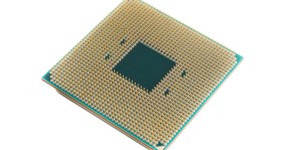
I had a feeling that 2018 would be all about frequency boosting, and while AMD's 2nd Generation Ryzen CPUs also sport lower latencies and higher frequencies as standard, boosting is definitely at the heart of their performance bump over the original Ryzen CPUs. There's nothing wrong with this, of course; Intel has employed frequency boosting for just as long, and it's now seen as a premium feature too, with the more expensive CPUs boosting higher or in some cases being the only ones to offer it.

However, we first saw the beginnings of an unusual situation with AMD's take on boosting with Threadripper last year. The fact that Threadripper sports more Core Complexes meant that more cores were able to make use of their SenseMI boosting features. With AMD's Threadripper and more recently some 2nd Generation Ryzen CPUs at least, few have been able to achieve all-core overclocks that are higher than the maximum boost frequency of a single core using stock settings. This brings about a very different situation to other CPUs; they're actually faster at stock speed in tasks that use only a few threads, since the overclock actually prevents the cores that can go faster from doing so.
Intel, by comparison, builds in a fair amount of headroom to its out-of-the-box specifications, so while 4.7GHz is the maximum single-core boost of the Core i7-8700K, most of these CPUs will quite happily run at 4.9-5GHz across all cores, meaning you'll see better performance all round if you apply a 5GHz all-core overclock, as you'll be bettering the maximum boost frequency of any core by up to 300MHz as well as massively increasing the all-core boost frequency as well.
2nd Generation Ryzen CPUs, though, have seen frequencies move northwards, which is a welcome move, but while power consumption is still well away from being worryingly high, the fact remains that the Ryzen 7 2700X can boost to higher frequencies than we've achieved overclocking across all-cores using safe every-day vcores. This is especially true if you apply Precision Boost Overdrive, which sees frequencies boosted further still.
Of course, you won't see all cores boosting to the maximum boost frequency, but in lightly-threaded workloads the new CPUs are able to hit those maximum frequencies quite regularly, leading to big increases in performance compared to previous-generation CPUs. But, for overclockers, this poses a problem to lightly-threaded performance if the maximum boost frequency is noticeably higher than your best stable all-core overclock.
For about the first time ever, a mainstream CPU will actually be faster if you don't overclock in certain tasks, and of course the same applies at the high-end with Threadripper, particularly with the 1950X. However, to muddy the waters further, not all Ryzen CPUs fit into this mindset. The Ryzen 5 2600, for example, has fairly low boost frequencies, meaning that, at least with our sample, the fact we hit 4.15GHz means it's much faster all round when overclocked. In addition, this also brings it to within just 50MHz of the Ryzen 5 2600X's maximum boost frequency as well as our maximum all-core overclock with that CPU.

That's clearly a pretty small difference and, critically, the fact the Ryzen 5 2600X is up to 25 percent more expensive is a bigger deal at this end of the budget spectrum, so if you're game for some overclocking, the non X-edition CPU is better value. At the top end of the scale, though, it pays to opt for the Ryzen 2700X. Those massive boost frequencies are likely to be at or beyond what you can expect from an all-core overclock with safe voltages. That's certainly been the case with our sample, which has topped out at 4.25GHz with the majority of boards we've tried versus its maximum boost frequency of 4.3GHz. You'll be topping the all-core boost frequency by getting this far, though, gaining noticeably better multi-threaded performance.
It will be interesting to see what happens further down the 2nd Generation Ryzen CPU range with what we assume will be a bunch of Ryzen 5 and Ryzen 3 quad-cores as well as 2nd Generation Threadripper later this year. Sometimes the X-edition CPU will be the best option regardless, while given a large enough overclock, the Ryzen 2600-equivalents may be the better bet. AMD hasn't, then, made overclocking its CPUs pointless, but this is the case with some models we've seen. It does mean, however, that enthusiasts will not just have the Intel versus AMD argument to contend with; they'll need to carefully consider their needs and whether they'll be overclocking their CPUs too.

MSI MPG Velox 100R Chassis Review
October 14 2021 | 15:04








Want to comment? Please log in.